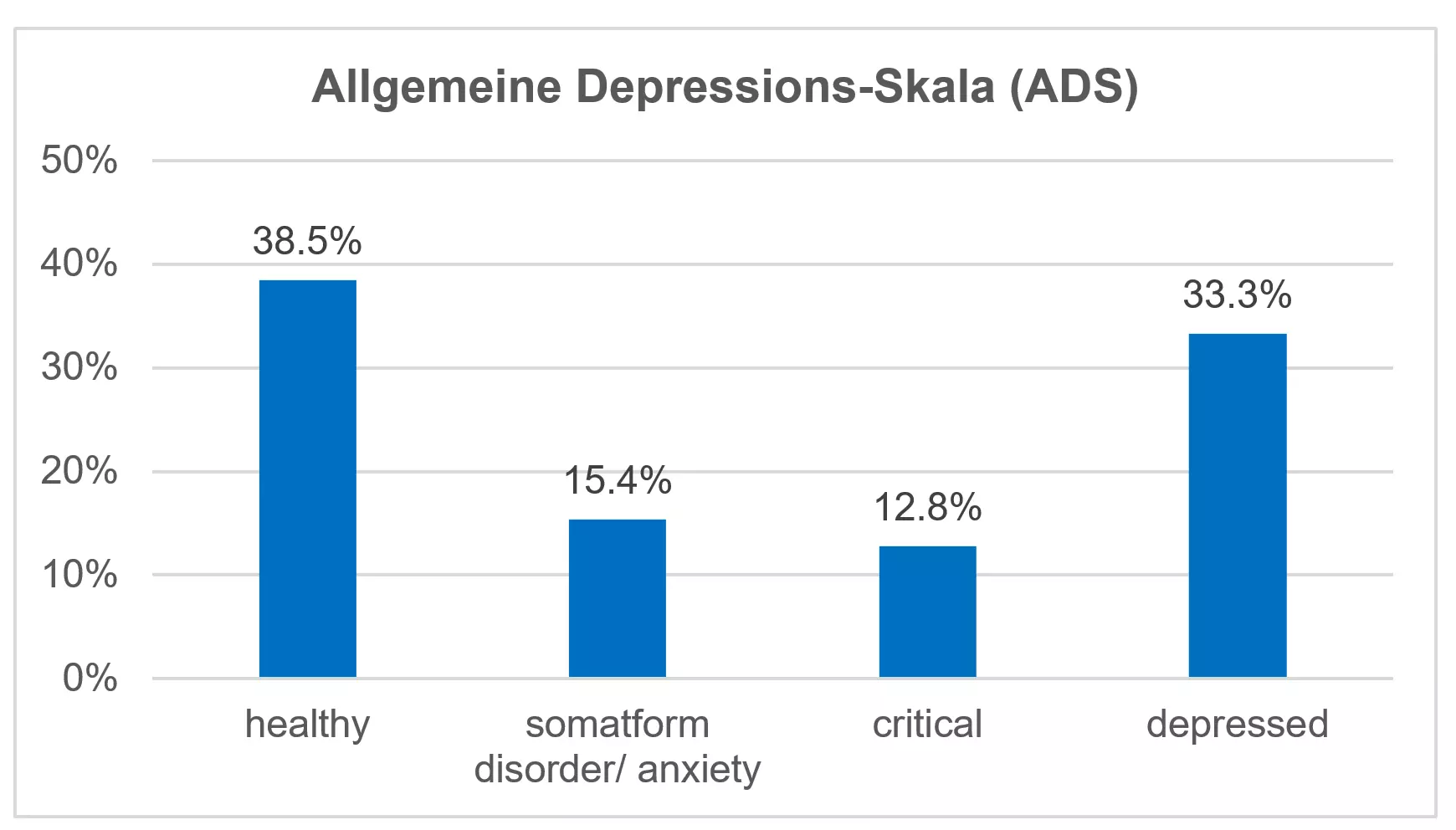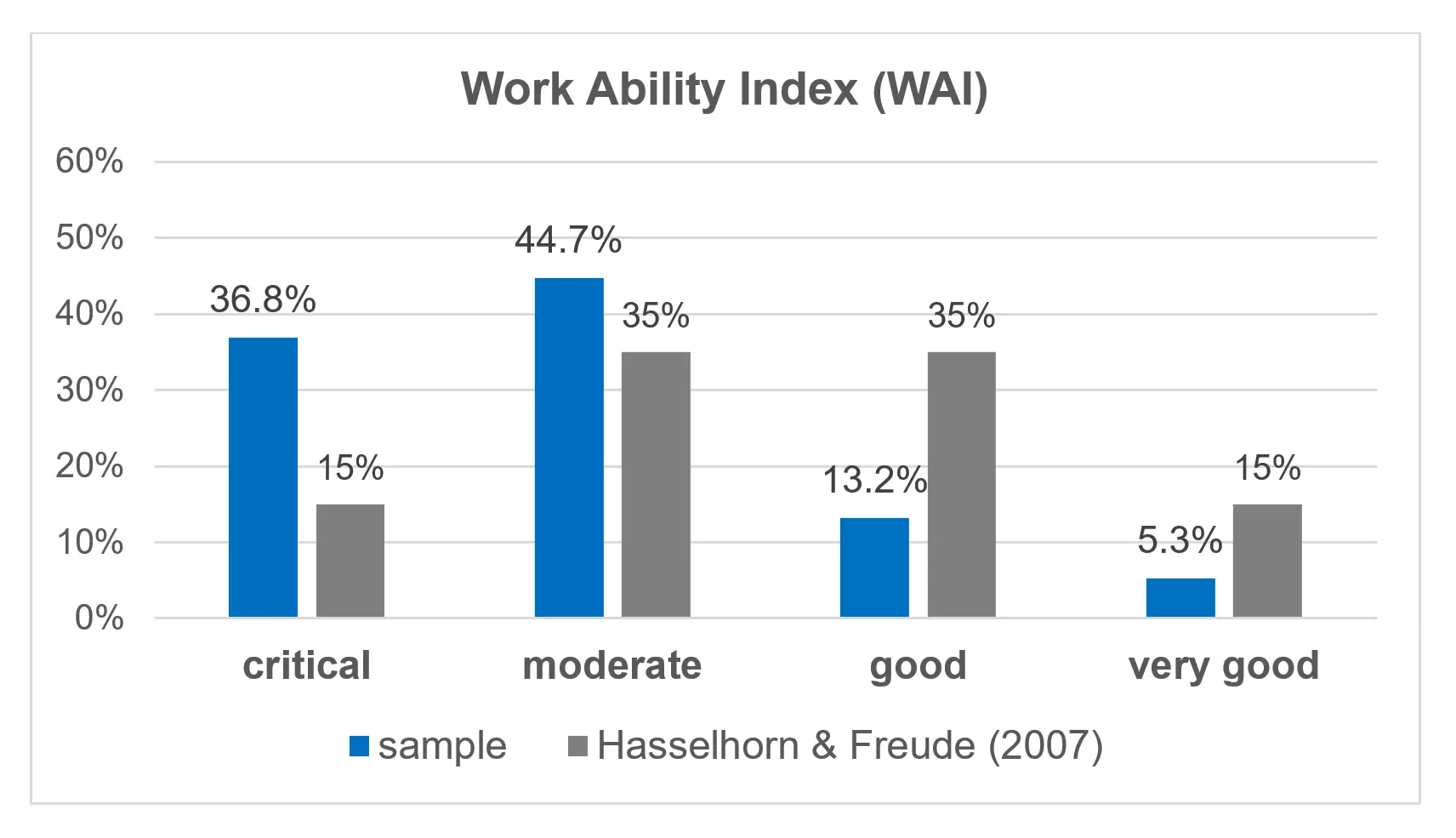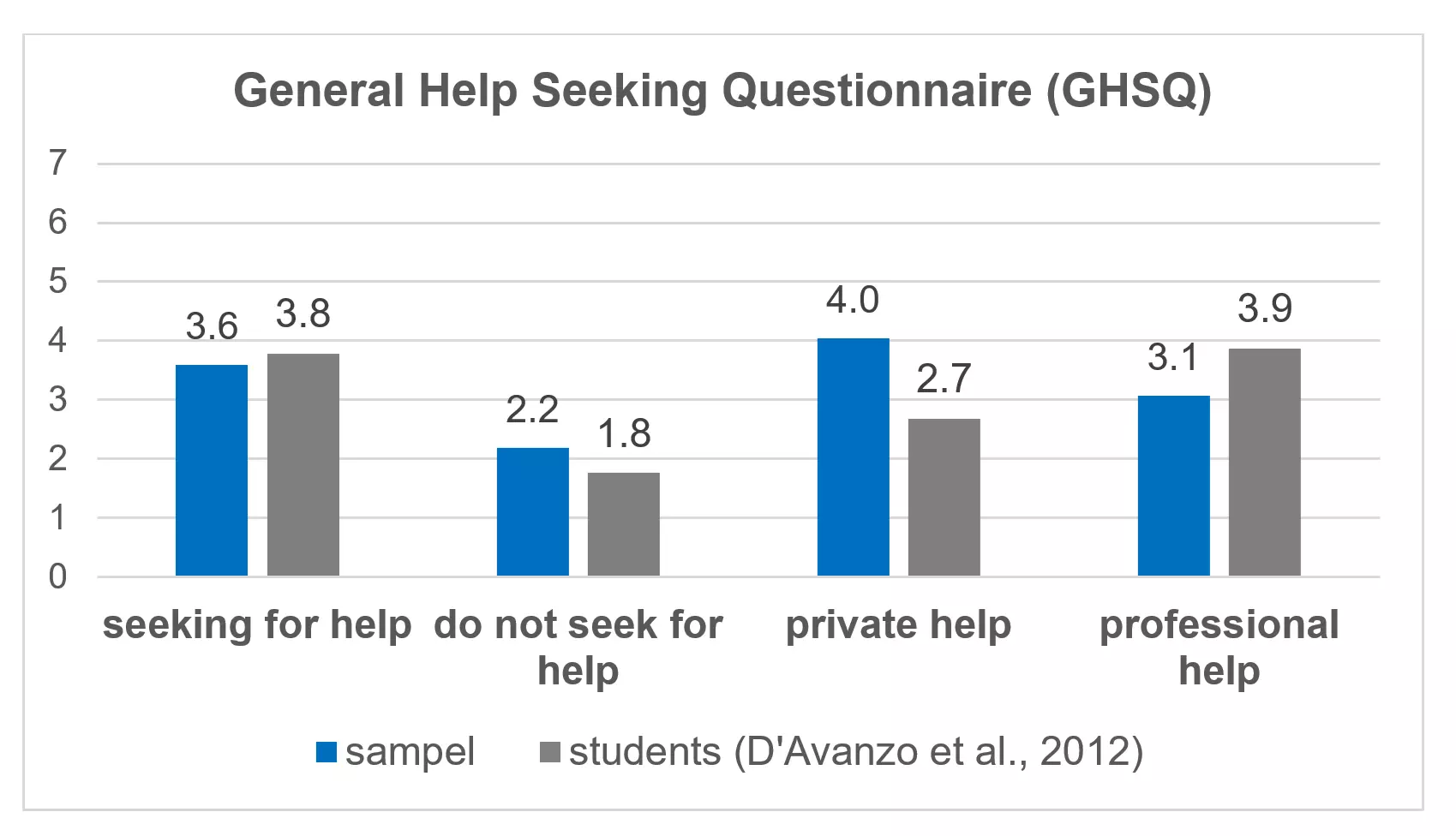Young People with Mental Disorders and Vocational Training
Background
In Switzerland, nearly one out of six young persons (16%) has no occupational solution after completing compulsory education. Various transitional options and interim solutions have been created that can help with the schooling and social deficits and help young people look for an apprenticeship. Young people who have found no option after completing compulsory education more frequently have mental impairments and disorders than young people who begin an apprenticeship or go on to upper secondary schooling (Sabatella & von Wyl, 2014). This may be because not having a training place/apprenticeship causes psychological stress. But often it is also that many young people do not find an apprenticeship precisely because of a mental disorder.
In these cases, early intervention is important, as studies have shown that the course of an illness can be positively influenced if it is treated early and without delay (Stein et al., 2003). Through this, the young people’s further development is not impaired, and their occupational and personal future prospects remain good. In contrast, it has been found that the longer the delay before treating a mental disorder, the greater the risk that it will become chronic.
Aims
A ZHAW psychotherapist will join the team of the work integration programme "Lifetime Health", with the aim to improve the integration of young people with mental disorders into the labour market. In the study, all of the young people in the programme will receive the intervention, always provided that they are participating in the study voluntarily. We anticipate that approximately 60 young people will participate in the study and thus in the intervention. The group size for the group module will be limited to max. 8 participants. If the number of participants exceeds this limit, 2 groups will be formed. Using selected indicators, resulting changes will be measured at three measurement time points (entering the programme, leaving the programme, 6 months after leaving the programme). The group size for the group module will be limited to max. 8 participants. At three measurement time points (entering the programme, leaving the programme, 6 months after leaving the programme) we will use selected indicators to measure what changes have resulted.
Results
The final sample comprised 40 participants (23 women and 17 men). A look at the development of the participants during participation in the programme regarding work ability, health literacy and psychopathology revealed improvements in all three areas. After the intervention the participants reported higher self-esteem and a higher self-efficacy expectation. For the majority of the participants there was also an increase in work ability, as measured by the Work Ability Index (a questionnaire). The focus here was not on the specific occupational solution but rather on the participants’ self-assessment.
As final measurements are still pending, we show here the data from the measurements upon entering the programme. They show mainly the degree of burden experienced by the adolescents/young adults.
Further, upon entering the programme, the participants were less willing to seek professional help for mental health problems. They would instead seek informal (private) help. Overall, they were less willing to seek help than a sample of students in a study by D’Avanzo et al. (2012). In addition to the quantitative results, the participants and the professionals also reported positive feedback on the psychotherapy addition.
Further research
For this reason, we will further develop ‘inklusiv’ and continue conducting it as ‘inklusiv plus’. In addition to "Lifetime Health", which has already included the psychotherapy intervention as a regular part of the work integration programme, we will implement and test ‘inklusiv plus’ in 6 further transitional options and interim solutions. For this, the group module will be further developed as group therapy, and the option for individual sessions will be retained; in addition, we will integrate counselling of the staff in the transitional programmes as well as staff continuing education. The main goal remains the integration of young people with mental disorders into the labour market.




